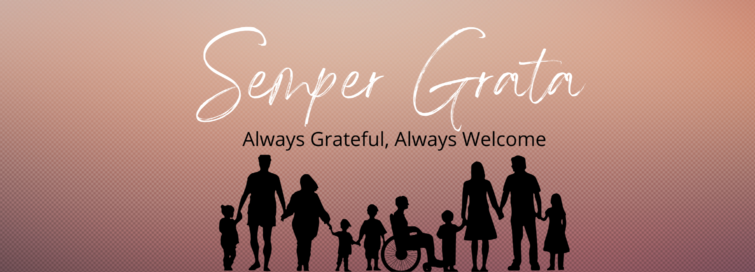I often get asked about insurance policies when I speak about planning for a child with a disability. There is a lot that is confusing about helping your developmentally disabled child apply for SSI at age 18. Since you need to ensure the protection (exclusion as a resource) of all assets and resources in your child’s name by age 15, it is important to understand how a policy could affect the application for SSI.
The Rules
SSI will consider life insurance a resource if it is in your child’s name AND it has a cash surrender value.
If a policy is owned by your child and has a cash value, SSI can count it as a resource. Let’s break that down:
The policy must be owned by the individual (your child). So, if you list your child as a beneficiary (you really should not do this) it is not an asset until they can receive the money. Obviously, in this case, you want the money to go to a Special Needs Trust, not to your child. If the policy is owned by your child, it is an asset.
The policy must have a cash surrender value. If your child has a term policy or burial policy in their name, it is fine. These do not have a cash surrender value. Types of insurance that have cash surrender values are whole life insurance, universal life insurance, variable life insurance, and indexed universal life insurance. Make sure none of these policies are owned by your child.
The exception. The policy is only $1500 or less. If your child has a policy in their name, but its value is $1500 or less, SSA will not count it as a resource.

How burial funds work.
Burial funds include revocable burial contracts, burial trusts or other burial arrangements, cash, financial accounts, or other financial instruments with a definite cash value that is designated for burial expenses.
An individual (your child) can set aside up to $1500 for burial expenses. This can be in a bank account (designated for burial) or a prepaid burial arrangement. Any interest earned on this account DOES NOT count towards the $2000 threshold. You should title the account as a burial fund or write a statement stating when the individual created it, and that the individual created it for burial. The individual could lose SSI if it is spent on anything other than burial services.
Honestly, $1500 will not do much in lessening the cost of a funeral compared to the risk of losing SSI. It is always easier to have zero accounts (bank, insurance, etc) in your child’s name if you think they will apply for SSI as an adult.
Health Insurance
Most times, any child can stay on their parent’s health insurance policy until they are 26. If your child is still on your health insurance at age 18 (keep them on as long as you can), it will not count as a resource or in-kind support. It will not affect their SSI application.
SSI is an important benefit for your child with a disability when they turn 18. It opens up health insurance, income, and services for them. Don’t let a lack of financial planning keep your child from qualifying for SSI. If you want more information about protecting benefits, check out Planning for the Future: Protecting a Loved One with a Disability on Amazon.

